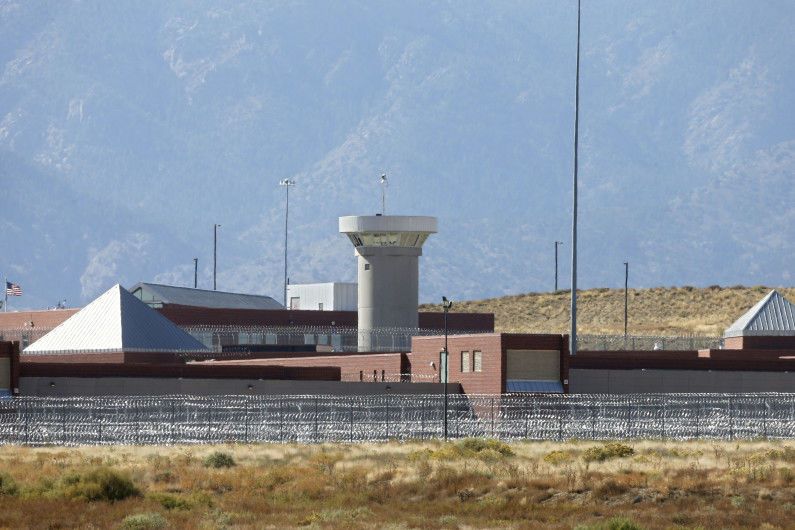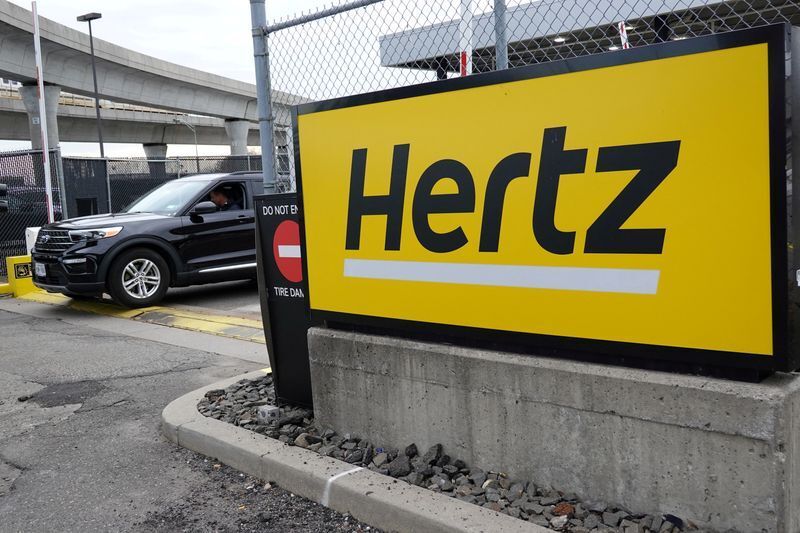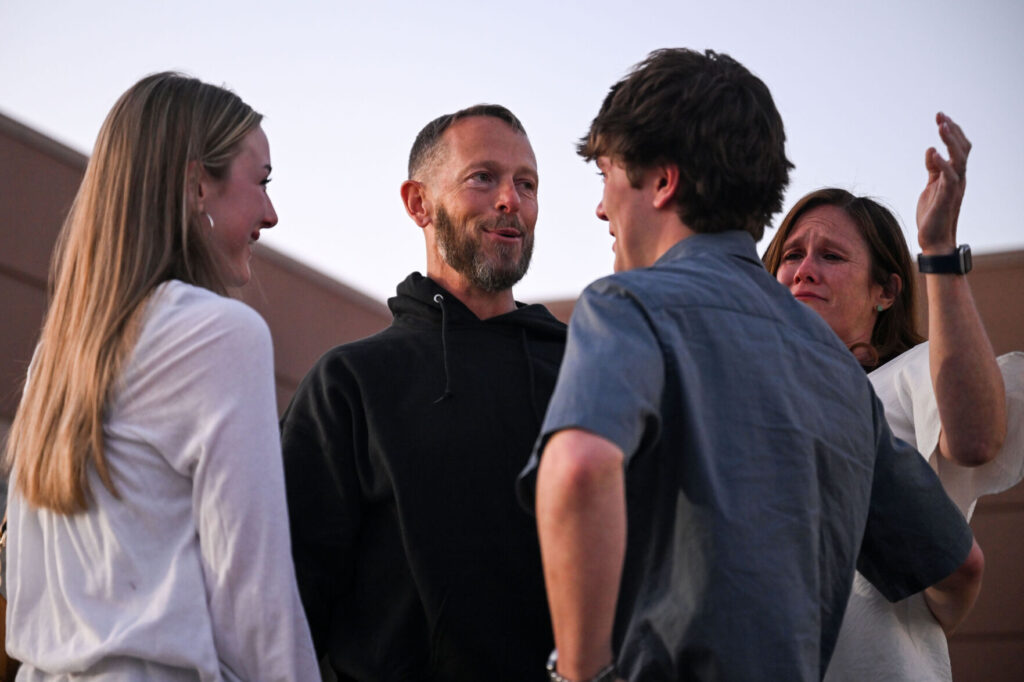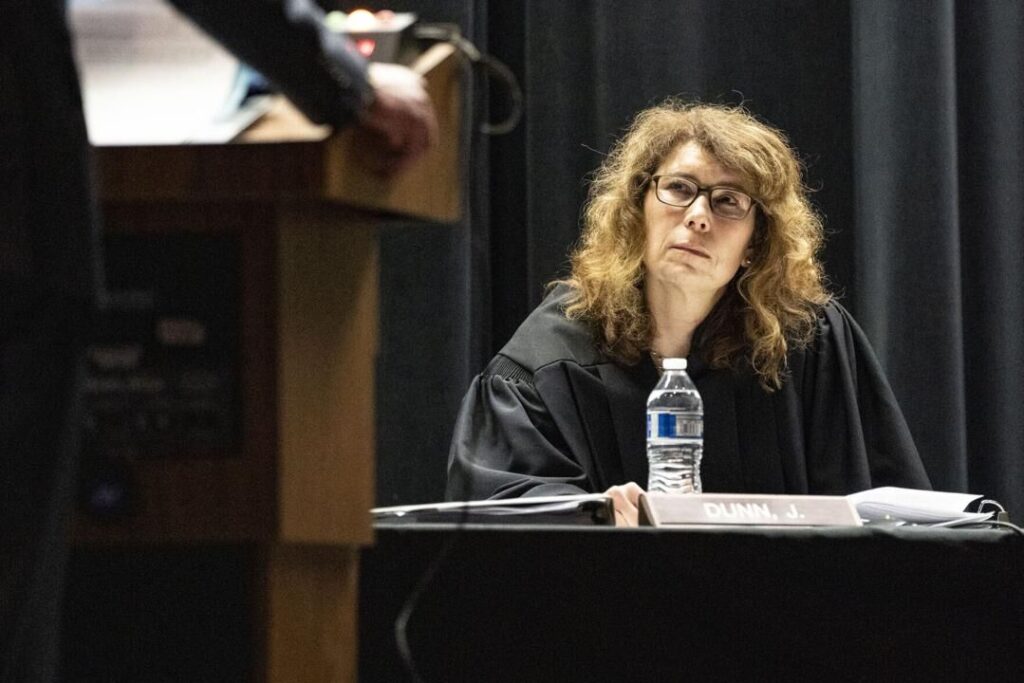State Supreme Court affirms heightened responsibility for counties to American Indian families
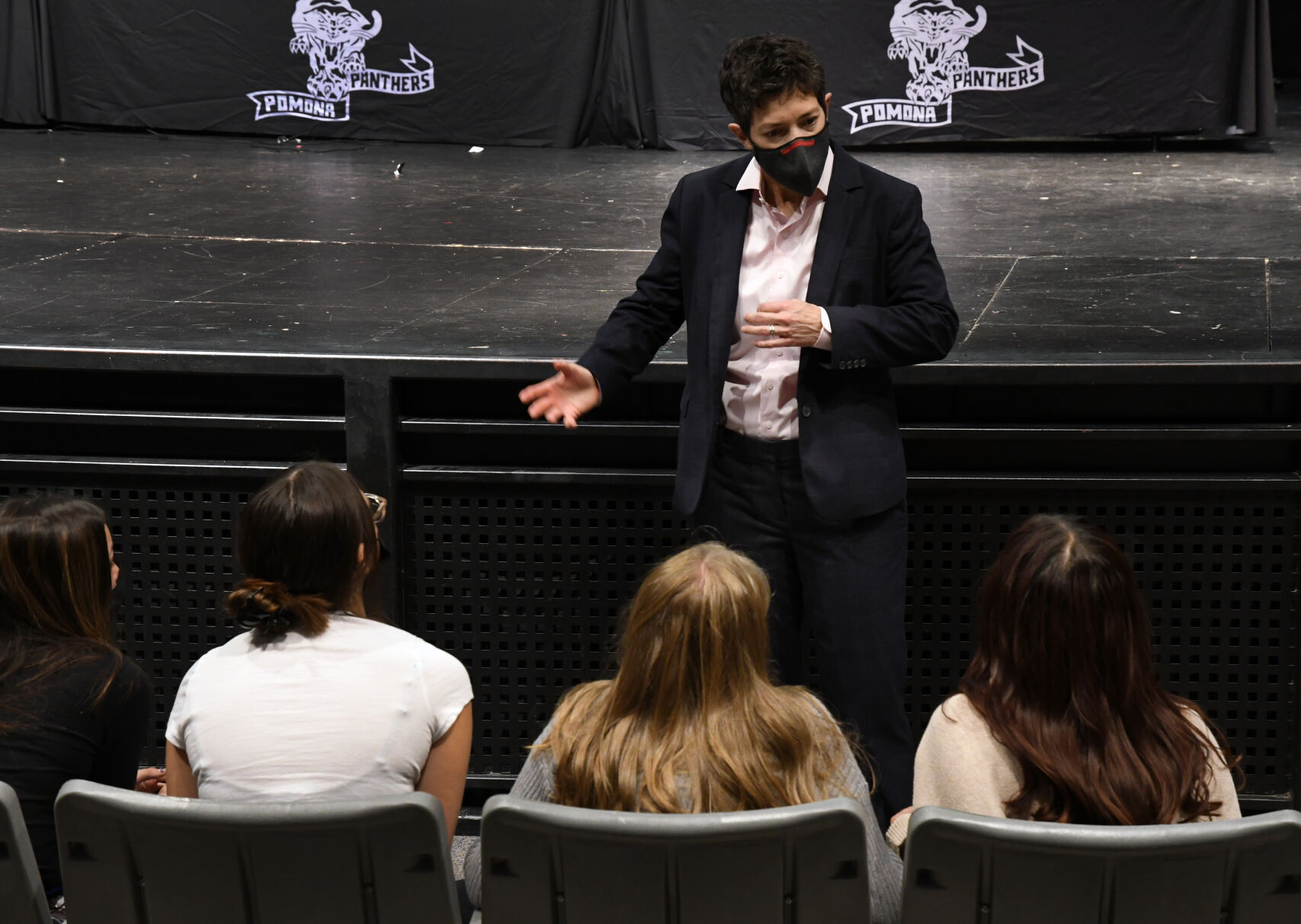
The Colorado Supreme Court affirmed on Monday that counties have a heightened responsibility to help American Indian families remain together amid child welfare proceedings — a standard that Denver had met despite a mother’s repeated relapses from her treatment program.
The justices interpreted a key provision of the Indian Child Welfare Act, a 1978 federal law enacted in response to the widespread removal of American Indian children from their homes and placement into non-tribal families or institutions. A congressionally-established commission found the forced removal jeopardized the long-term survival of tribal nations and had a damaging social and psychological impact on American Indian children.
Among the provisions of ICWA, if the government seeks foster care placement or the termination of parental rights for a minor who meets the criteria of an “Indian child,” states have to make “active efforts” to provide services and rehabilitation to keep the family together. The termination proceedings can move forward if such efforts are unsuccessful.
“Congress crafted the active efforts standard to fix what it deemed as state courts’ failure to recognize and address the special needs and circumstances that Native American families face,” wrote Justice Monica M. Márquez in the court’s June 27 opinion. “Logically, a robust standard is required to address the particular challenges that Congress identified in enacting ICWA.”
Although the state’s second-highest court believed the Denver Human Services department failed to meet the active efforts standard in assisting an American Indian mother and her children, the Supreme Court felt the department’s extensive intervention could not overcome the mother’s inability to show progress.
The family — consisting of a mother, father, 5-year-old boy and 12-month-old girl — first came to the department’s attention in October 2016 when the younger child needed intensive hospital care. Medical staff suspected she may have ingested synthetic marijuana. Denver placed the two children in emergency foster care.
Once in court, the mother said she was an enrolled member of the Confederated Tribes of the Colville Reservation in Washington. Although the tribe determined the children were ineligible for membership, it also said it considered the children members regardless of their enrollment. The juvenile court handled the case according to ICWA guidance going forward.
For approximately three years, the mother’s progress on her court-ordered treatment plan varied widely. Initially, a team that included a caseworker, the Denver Indian Family Resource Center and others provided wraparound services and substance-abuse monitoring. Although the team helped the mother secure daycare for the children and enabled both parents to work full time, the mother tested positive for cocaine in October 2017 and missed several other drug tests.
The lapses resulted in additional conditions from the juvenile court, one of which ordered the mother to “obtain and maintain employment, or another legal source of income.”
Although the mother was on a hopeful trajectory with her substance abuse treatment in the first half of 2018, the children’s father assaulted her in October of that year. The mother then relapsed into cocaine and alcohol consumption. A month later, she failed to pick her children up from school and daycare and she then went missing. She largely ceased her engagement with the county until mid-2019, after which she agreed to an intensive inpatient treatment program.
The mother successfully completed the program, but disappeared again afterward, when Denver Human Services referred her to an outpatient program. The department, noting the mother’s repeated failure to consistently engage with her own children and the government’s services, moved to terminate her parental rights. In March 2020, Judge Donna J. Schmalberger ordered the termination.
Because the case implicated ICWA, the mother argued on appeal that Denver did not make active efforts to provide the services she would need to successfully complete her treatment plan. A three-judge panel for the Court of Appeals agreed with her on one element of the treatment plan: the requirement to maintain a job.
“There is no indication in the record that the Department offered mother job training or employment assistance of any kind,” wrote Judge Ted C. Tow III in the March 2021 opinion. “Thus, the record demonstrates that the Department required mother to have a legal form of income adequate to support herself and the children and passively waited for her to comply without offering any services.”
On appeal to the Supreme Court, Denver Human Services disputed Tow’s characterization of their involvement, arguing it was the mother who was disengaged.
“We provided a great deal of support,” Cathleen Giovannini of the Denver City Attorney’s Office told the justices in December. “We came running down and paid the rent on three or four occasions. When father assaulted mother in the home, the caseworker was at her doorstep the next day saying, ‘Here’s a special phone. Let’s go pay your rent. Let’s make sure you’re OK.'”
Some members of the court also believed it was the mother who had failed to comply with her obligations, not the department.
“How do you help someone get employment when they’re gone for lengthy periods of time, when they abandon the children, and when they are clearly struggling with substance abuse to the point that they had to be in inpatient treatment?” asked Justice Carlos A. Samour Jr.
The Supreme Court’s decision emphasized the juvenile court judge found the mother to be unfit not because of her lack of employment or income, but because of her inability to stay sober and keep in contact with Denver Human Services. It was appropriate, Márquez wrote, for the county to prioritize the treatment of the mother’s substance abuse. In fact, she explained, the department had responded to the mother’s every request for help.
“It also cannot be overlooked that Mother disappeared for long periods of time during this case,” wrote Márquez. “It is obviously difficult for an agency to provide services to a parent who cannot be located.”
Finally, the court cited the expert testimony of the Colville Tribe’s child welfare program manger, who spoke at the termination hearing. In her view, Denver Human Services had made active efforts to keep the family together under ICWA, and the tribe believed the county’s services were culturally appropriate.
The Supreme Court concluded the termination had properly occurred after active efforts to keep the family together proved unsuccessful. It reversed the Court of Appeals and directed it to resolve the mother’s remaining claims.
The case is People in the Interest of My.K.M. and Ma.K.M.




